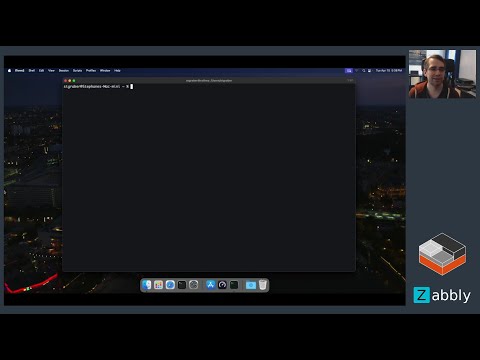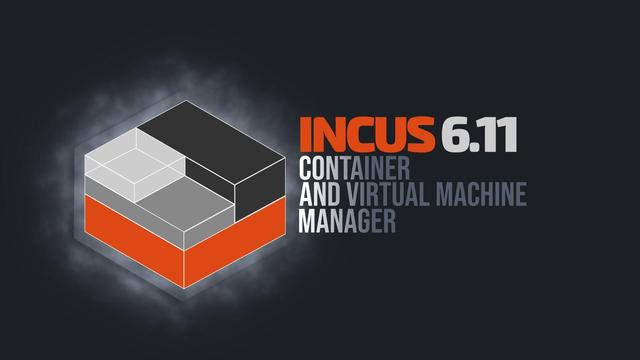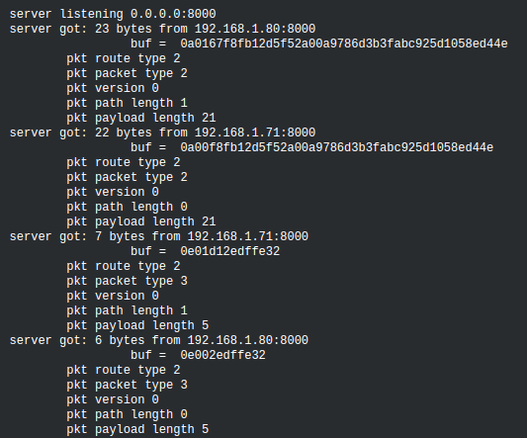In this week's #Incus livestream, I'll continue the work on the #Incus OS services API!
https://youtube.com/live/Kajm0YpIdZA?feature=share
#incus
#TrueNAS 25.04.0 is now out, introducing #Incus support for easy containers and virtual machines!
https://www.truenas.com/blog/truenas-fangtooth-25-04-release/

Got a Mac? Go run #Incus on it!
https://www.youtube.com/watch?v=5tcpXcipQ9E
Today we've added a #Kubernetes Cluster API provider for #Incus to the ever growing list of Linux Containers projects! Thanks to Angelos Kolaitis for leading this great initiative!
https://github.com/lxc/cluster-api-provider-incus
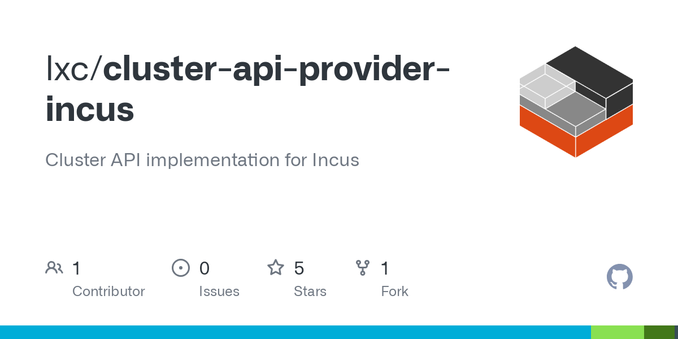
I really feel like #Incus will be eating #Proxmox' lunch within a few years. Between the webUI, the clustering features and the in-development custom #Debian-based secure Incus OS, there's all that's needed for a reboot on saner primitives of the #container and #virtualization host.
https://discuss.linuxcontainers.org/t/incus-6-7-has-been-released/22099
https://stgraber.org/2025/01/04/incus-in-2024-and-beyond/
https://github.com/lxc/incus-os
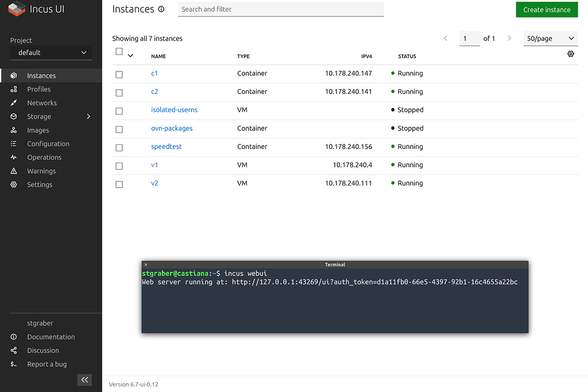
I might be doing #incus networking wrong. Network forwards work great, but since the created container gets a dynamic IP, the forward breaks on restart.
My aim is to expose the system container on the external network with its own address. For that I am
- creating a network forward
- setting the listen address to the one configured on the physical interface
- grabbing target address from the ipv4_address attribute
Using terraform and a small module I wrote to spin these up, the relevant bits:
```
resource "incus_network_forward" "ipv4_forward" {
network = var.bridge_net
listen_address = var.net_forward_lxc_listen_addr
config = {
target_address = incus_instance.lxc.ipv4_address
}
}
```
I am using something wrong obviously, but I am a bit lost on what else there is which will let me configure the container networking in this manner.
This morning I joined the #TrueNAS podcast to chat about #Incus and its integration in the upcoming TrueNAS Scale release!
https://youtu.be/_wucXs0zYMM?si=7yndbI2k8ZlzbLc6
Was #listening earlier to the latest @FLOSS_Weekly talking about #Incus and #lxc for #linux containers, the latter being something I was interested in doing on my Fedora VM running in Bhyve. I've already installed Incus and will follow this tutorial to get familiar with it for now.

In this week's #Incus live-stream, I'll be focusing on adding system service configuration to the Incus OS API! https://youtube.com/live/Vksd70903k8
Here's a sneak peek at #Incus OS getting automatically installed and initialized on a new system (video is real time)!
For a test environment I am using pure Nixos host with #incus https://linuxcontainers.org/incus/ and it is working well so far
I could connect USB devices, publish ports, etc..

The latest round of LTS updates for #Incus, #LXC and #LXCFS is now out!
https://stgraber.org/2025/04/04/lxc-lxcfs-incus-6-0-4-lts-release/
In this week's #Incus livestream, I'll be putting in place an initial management REST API.
https://youtube.com/live/GFVY0fpDUO0?feature=share
I'm going to be presenting #Incus OS at the upcoming @LinuxSecSummit https://lssna2025.sched.com/event/1zalr/putting-together-a-secure-virtualization-and-containerization-platform-stephane-graber-zabbly

The upcoming #TrueNASScale release comes with #Incus built-in so I took it for a spin to see how the integration was done!
https://youtu.be/ENrQ1RWKZuI
Incus 6.11 container & virtual machine manager is out with initial Linstor support, improved VM and OCI container features, enhanced network options, and more.
https://linuxiac.com/incus-6-11-container-and-virtual-machine-manager-released/
#Incus 6.11 is out!
We got a new Linstor storage driver as well as a heap of VM, OCI and networking improvements in this one!
https://discuss.linuxcontainers.org/t/incus-6-11-has-been-released/23322
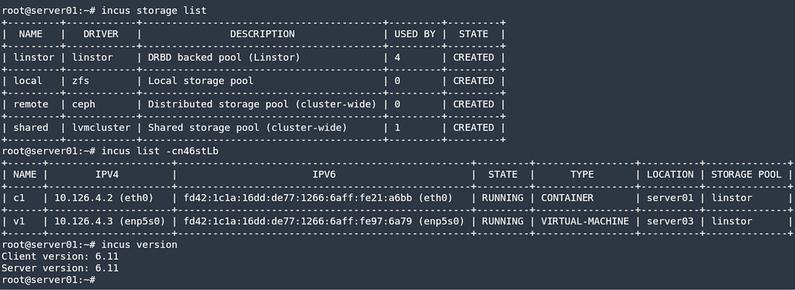
Nachdem ich am Mittwoch Abend wegen eines Updates und ungeahnter Folgen ziemlich schnell ziemlich viel geschwitzt habe (metalhead.club und trashserver.net waren für einige Minuten offline), habe ich heute mal meine Incus Versionen über alle Hosts hinweg auf dieselbe Version glattgezogen.
Und setze nun auf das Zabbly Repo statt auf die Backports. Das ist zwar auch keine Garantie für maximale Stabilität, aber immerhin muss ich dann die Backports nicht weiter im Kopf behalten. Das hat mir schon mal Kopfschmerzen bereitet.

Wrote a little parser for meshcore packets tonight. It's still messy and a lot more to implement. But, it reads the container format so I'm happy for now.
I have meshcore packets flowing from multiple repeaters(on different frequencies) talking on wifi using udp broadcasts.
The repeaters automatically discover each other on the network and now I'm able to watch their chatter with a quick nodejs server.



